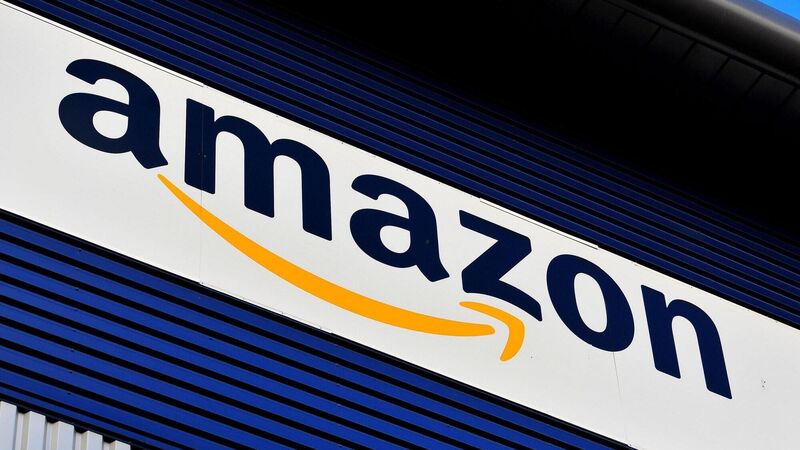Big Tech's response to new regulations provides 'learnings' before other platforms comply

Amazon won court backing for now in its fight against these EU tech rules that label it as a Vlop required to provide researchers and authorities access to its ad repositories to see how ads are targeted. Picture: Nick Ansell/PA Wire
It has been one month since two new major EU regulations took effect, giving the European Commission significantly more powers to keep Big Tech in line, and even though there have been some teething problems, there are still six months before the rules apply to other online platforms operating in the eurozone.
The obligations under the Digital Services Act (DSA) and Digital Markets Act (DMA) were imposed on some giants in the sector early, including Facebook owner Meta and Google ahead of the official deadline next February.












